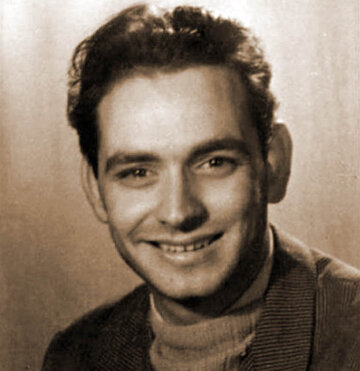@smcder
I understand that this approach may be wrong. But I can’t add that disclaimer everyone I make a post. Also I understand that I can’t prove this approach is correct. Again with the disclaimer.
I am I believe making two moves. They are perhaps subtle ( or confusing ) but they are crucial. ( I don’t know which move to make first, or explain first. You can help me there. )
The mbp is the problem of how two apparent things, the mind and the body are related. Not only do there seem to be two things, mind and body, they seem to be radically different.
One move is to say that they are in fact one thing, and that they only seem to be two radically different things.
How can we make this move?
Take for instance, a car and a rabbit. Could we say that they seem to be two things but are in fact one thing? No.
so how can we say that mind and body are the same thing?
It has to do with the nature of the mind. The mind IS knowing/perceiving. It is the means with which we know and perceive.
The relation therefore between the mind and anything will be a special relationship, unique. Much different than the relation between a car and a rabbit, or any other physical things.
So the second move is to understand that the mbp is the problem of the process of knowing/perceiving, knowing/perceiving itself.
we don’t get that dynamic with a car and a rabbit.
How can they be the same? Because its a self-referential relationship.
Why do they seem different? Because knowing/perceiving is fundamentally a subjective process.

